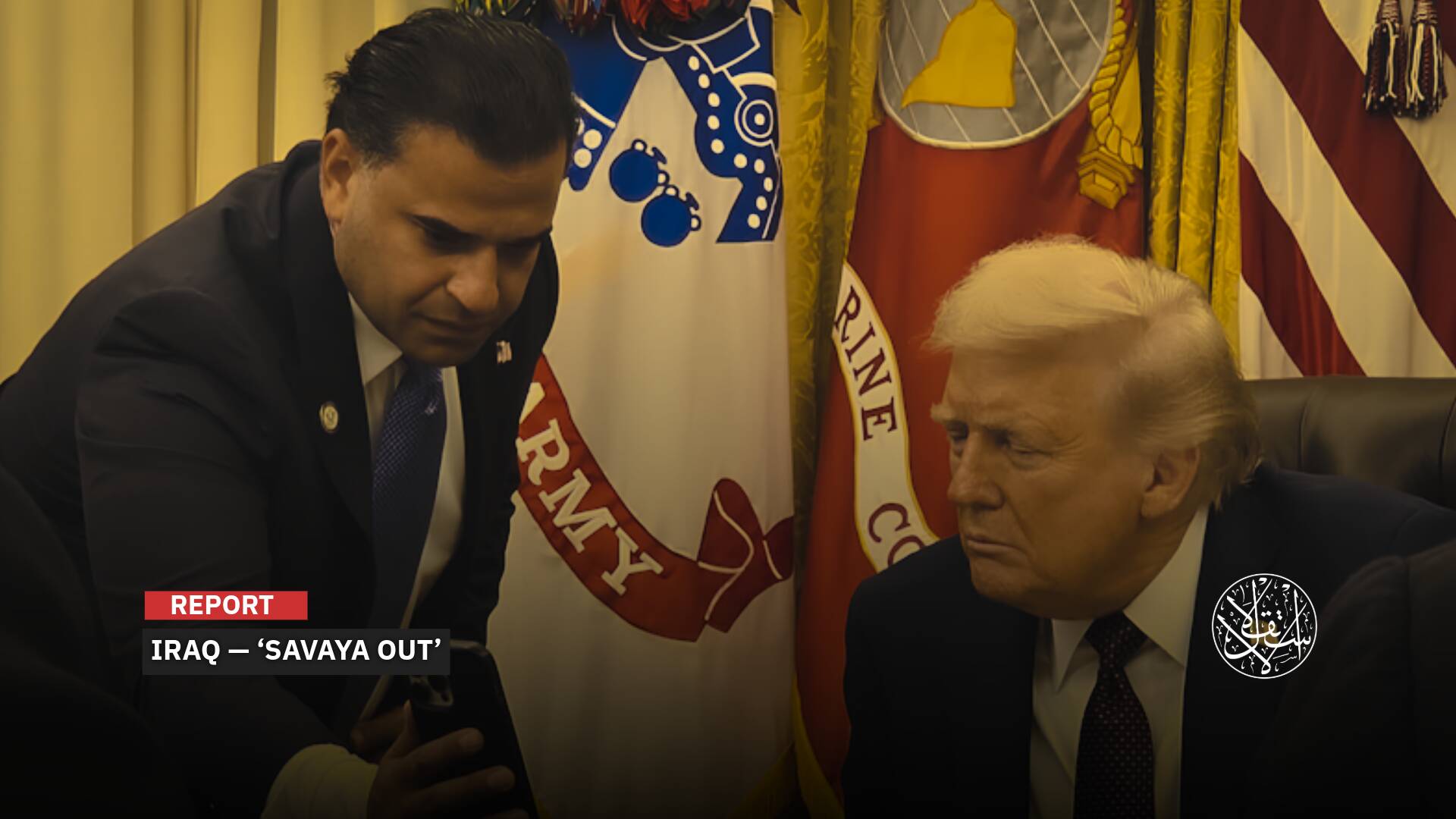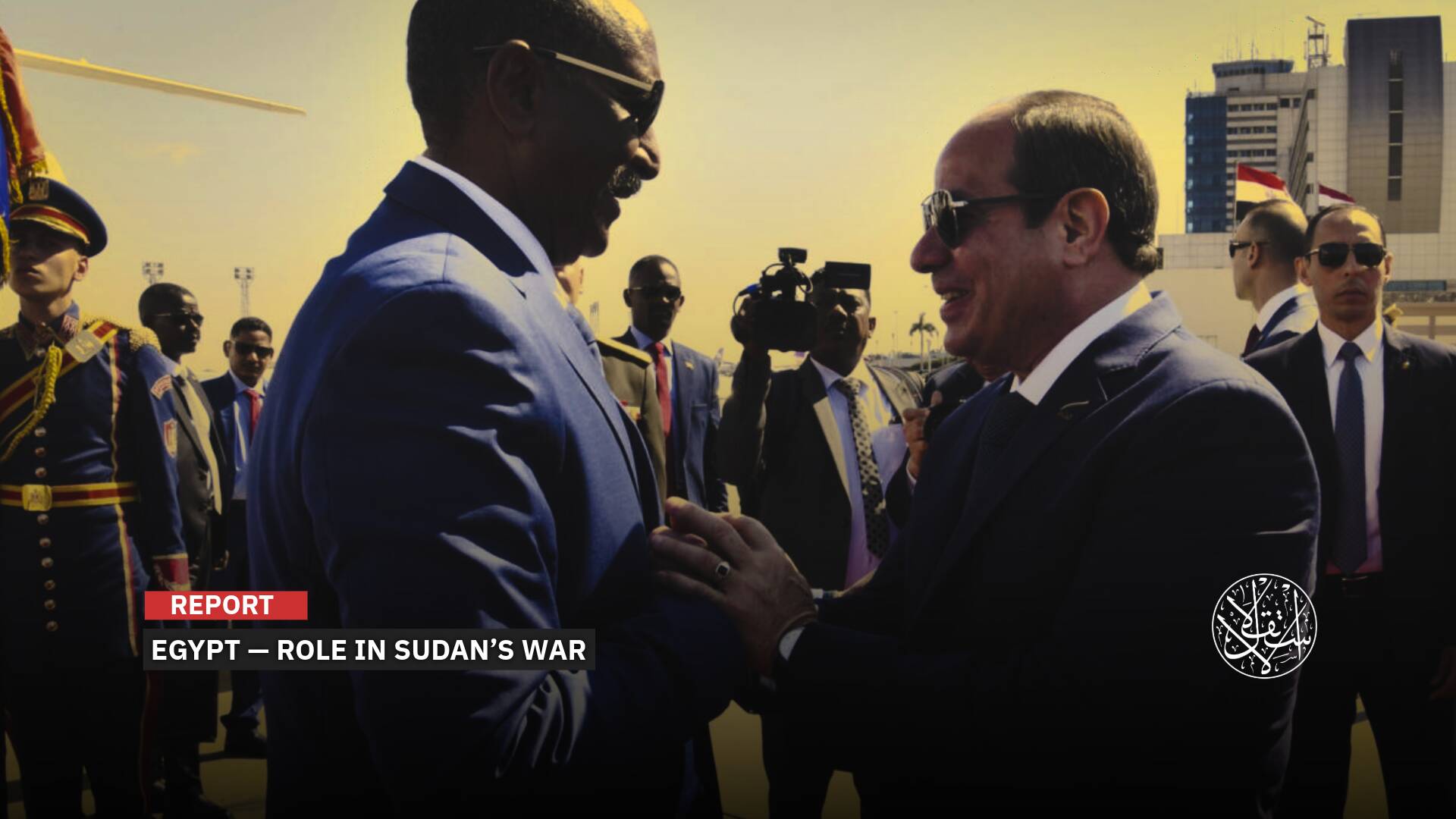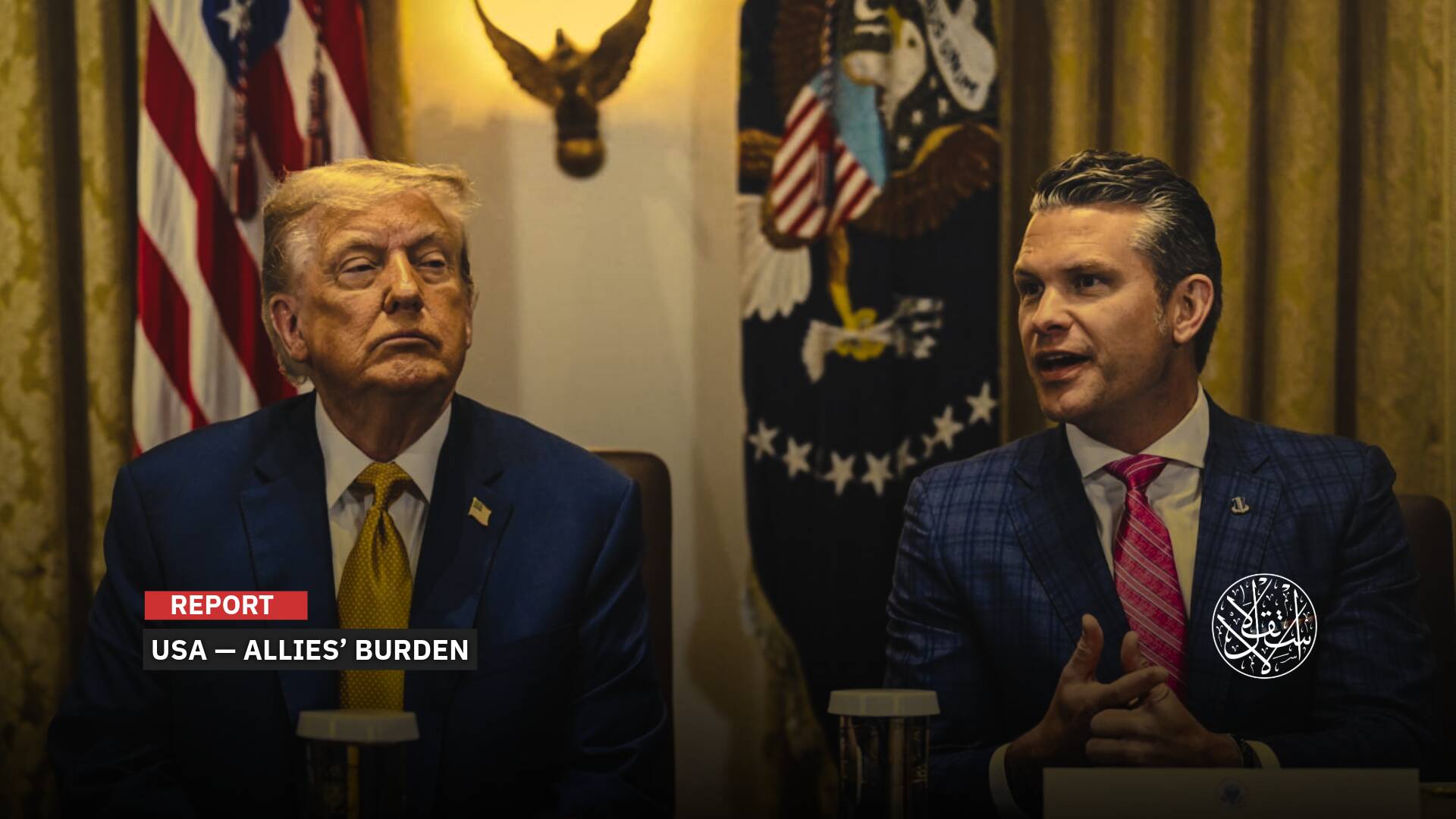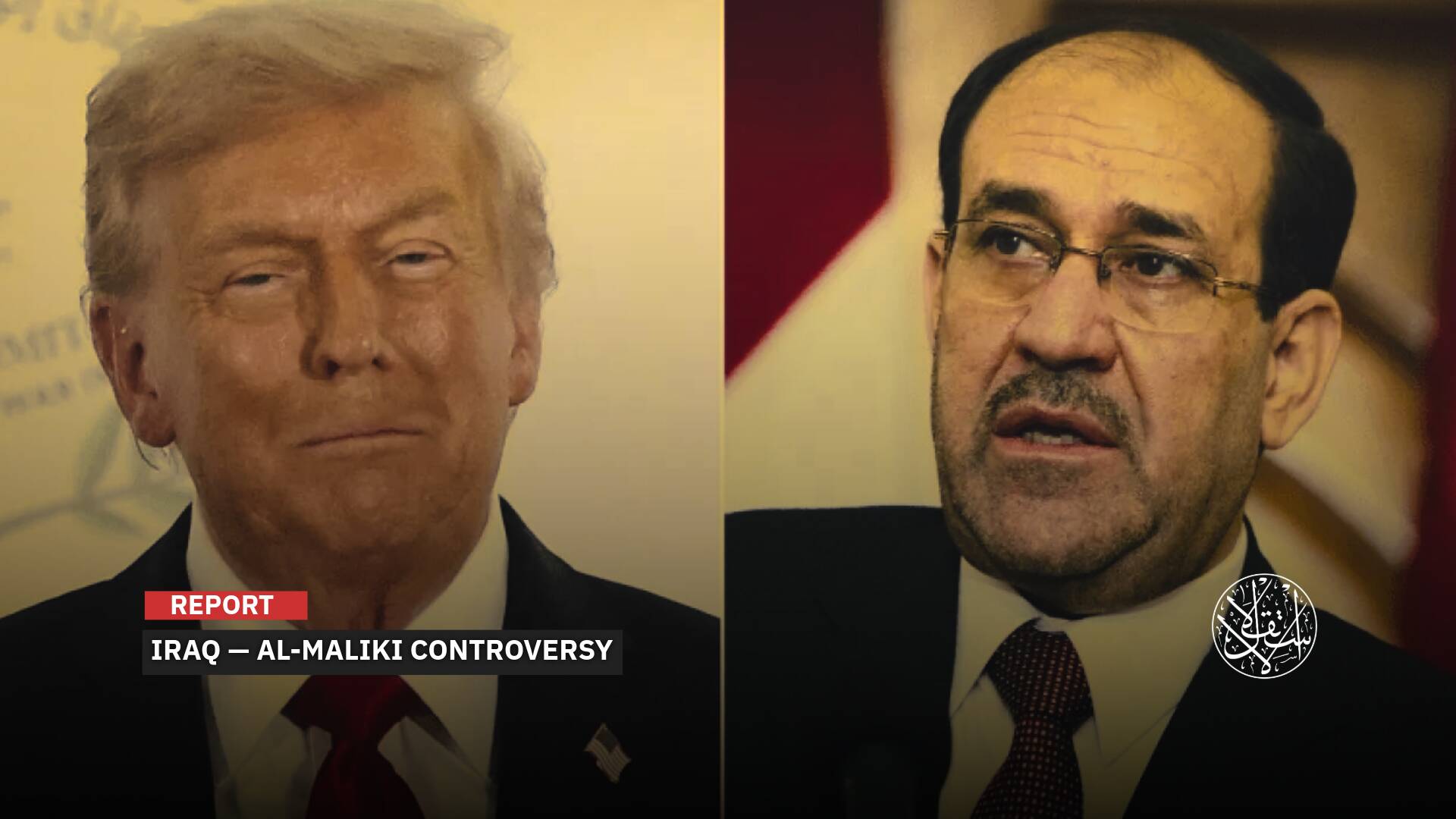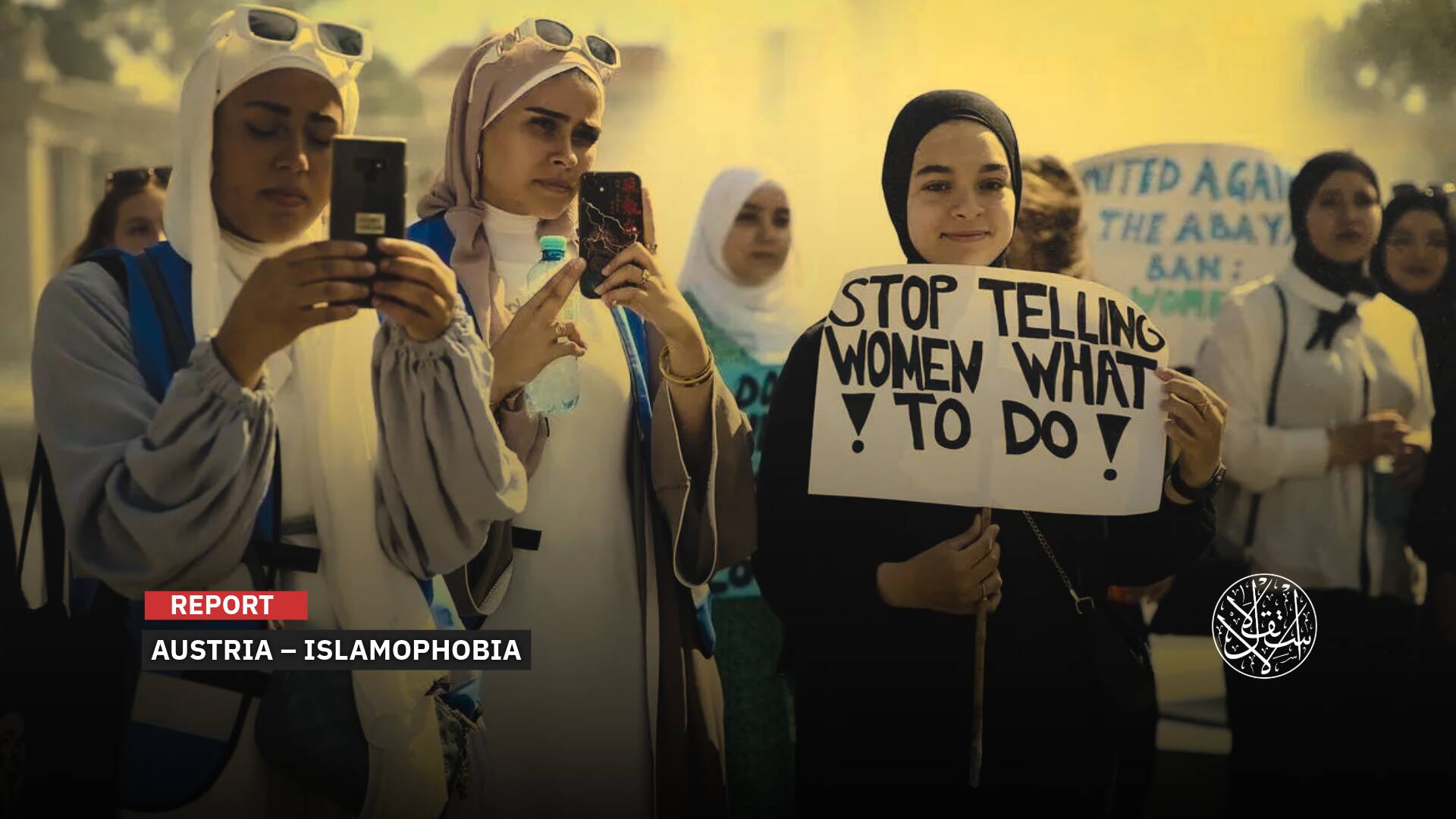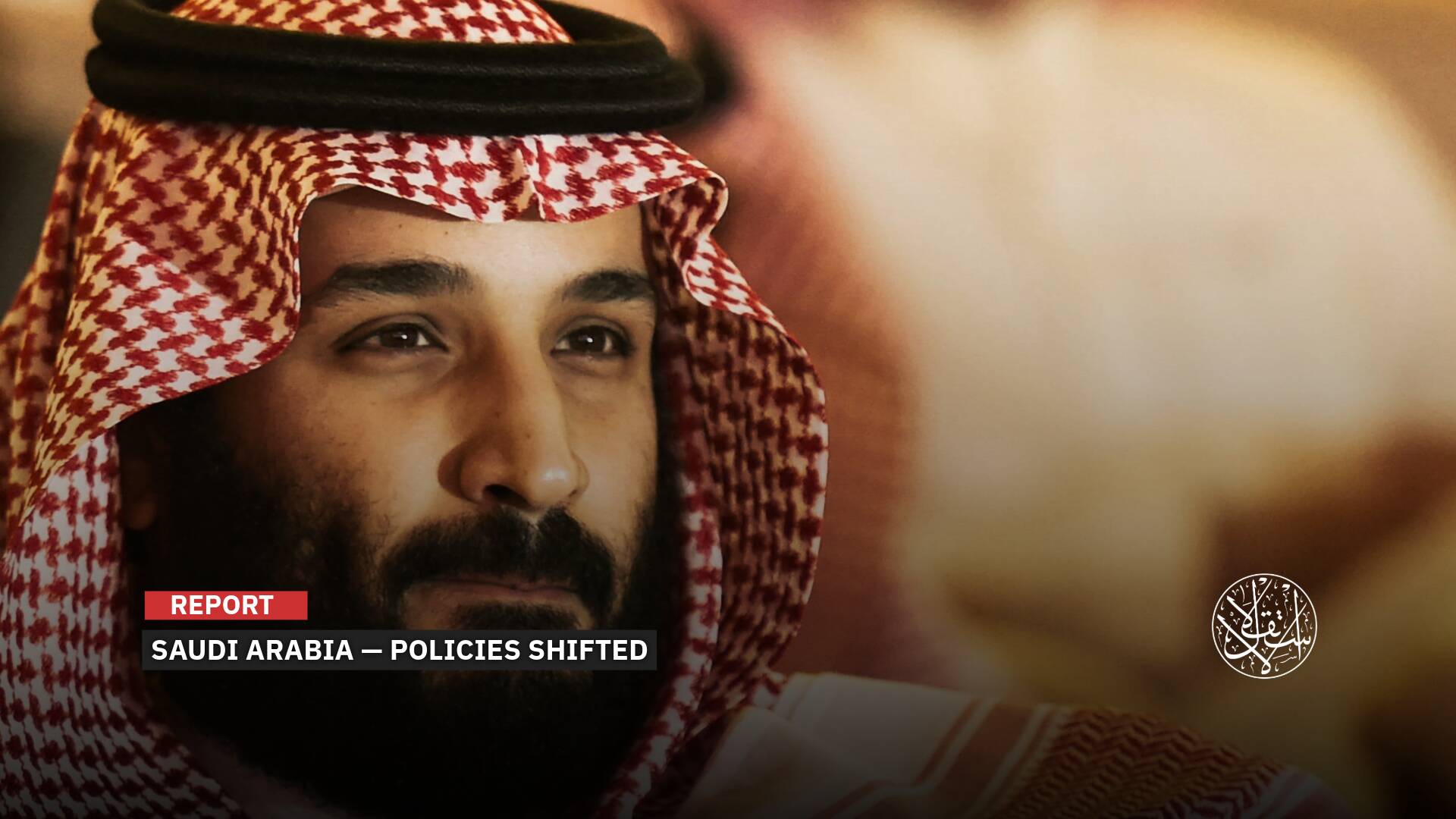Tunisia Referendum Approves Expansion of President’s Powers or A Stronger Presidential System?

Kais Saied's seizure of power in Tunisia a year ago was undoubtedly a coup, as it was proved by a document published by MEE indicating what would happen two months before Saied's move, a well-prepared plan he indeed fulfilled, leading Tunisia hurtling towards dictatorship.
Despite his popularity's decline from over 80 percent to 22.3 percent, the Tunisian President's dream to hold all powers without any checks has been achieved as he celebrated his victory of the "yes" vote in a referendum on his new constitution that hands him wide-ranging powers.
Saied is going well beyond his main target, increasing the chances of returning to authoritarian rule.

Preliminary Results
Tunisian president Kais Saied has celebrated the victory of the "yes" vote in a referendum on his proposed constitution which hands him total power and risks "the return of authoritarian rule in the birthplace of the Arab spring," The Guardian reads.
It has been a year since Saied dismissed the prime minister and froze parliament in what opponents have called a coup.
Preliminary results for the vote were due late on Tuesday, July 26, 2022, "with a full tally not expected until next month," according to the British newspaper. But in a poll taken by the Sigma Conseil institute, around 92-93% of those who voted on Monday supported the new constitution.
Saied is actually the main author of the new constitution despite the appointment of other authors; he has imposed his own text.
Sadik Belaid, the head of the advisory committee to write the new constitution and one of Saied's closest associates, rejected the final draft and said that the Tunisian President made fundamental changes to the version submitted to him.
The referendum will eliminate the 2014 constitution after two years of extensive consultation to produce the final draft.
Kais Saied's constitution appears to concentrate all powers in the hands of the presidency. Therefore, it will destroy the principle of the separation of powers deemed essential to any other democracy.
Controversial Political Stations
Since July 25, 2021, Tunisia has gone through many controversial political stations and internal divisions. Saied's first step to set his grip on power was dismissing the government, appointing another, dissolving the parliament and the judiciary, issuing legislation with presidential decrees, passing through the organization of a referendum on the new constitution, and finally holding early parliamentary elections.
On May 25, the Tunisian President issued a decree calling on the Tunisian people to vote in a popular referendum on a new constitution for the country on July 25.
This date is also symbolic, as it marks the first anniversary of what President Kais Saied calls "the birthday of the new Tunisian Republic" and what his opponents consider a coup against democratic legitimacy in Tunisia.
Saied said that the new constitution is an extension of the reform process, which he started with a series of unexpected decisions on July 25, 2021, when he dismissed the former prime minister and froze the parliament, to be completely dissolved later.

Several political forces supporting the July 25, 2021, process, such as the Tunisia Forward movement and the People's Movement, welcomed Saied's constitution, saying it responds to the aspirations of the Tunisian people.
However, opponents saw that this would only contribute to strengthening the powers in Saied's hands and empowering his own authority.
American Fears
The new constitution proposed by Kais Saied will reduce surveillance and freedoms, and Washington is aware of that, as the State Department spokesman, Ned Price, said during a press conference.
Price stressed that there are concerns that the Tunisian constitution has limited presidency restrictions, thus a weak separation of powers.
In a statement, the Chairman of the US House of Representatives Foreign Affairs Committee Gregory Mix, the Chairman of the Senate Foreign Relations Committee and Bob Menendez, and other prominent members of the two committees, considered Kais Saied's referendum another troubling step by which President the Tunisian President will further undermine democratic institutions.
They stressed that they were concerned about what they called "the lack of a minimum turnout, and the insufficient public debate and participation by Tunisians," in addition to reports of the use of Tunisian state resources to encourage a "yes" vote, and to prevent local election observers and journalists from entering polling stations, according to the statement.
The signatories urged President Saied "to work constructively with all Tunisians, end the state of emergency, and take steps to restore Tunisia's separation of powers, democratic institutions, and the rule of law."
While revolutions were overturned by a military coup in Egypt with the intervention of Saudi Arabia, and by Gulf support for Syria's government, the Tunisian revolution was seen as the last hope among the moves to end the horizontal relationship between citizens and state.
Saudi Arabia and the United Arab Emirates appeared as supporters of Kais Saied, who now appears to have "a clear path to transforming the country's governance from a hybrid parliamentary system to a presidential model that gives him a vice-like grip on the country," according to The Guardian.
In the same article, Nancy Okail, a human rights advocate and CEO of the Centre for International Policy, said: "Although Tunisia was on the right track of political reform, the economic challenges coupled with corruption had been ringing the alarm bells well before Saied's presidency. A power grab was his answer to the challenges."
Sources
- Tunisia referendum approves expansion of president’s powers – officials
- Tunisia after the referendum.. a 'stable' presidential system or a 'tyrannical' individual rule? (analysis) [Arabic]
- After the constitution, Kais Saied's next target: The unions
- The referendum in Tunisia.. The electoral commission announces the preliminary results and calls for the unification of the opposition and for early elections [Arabic]



